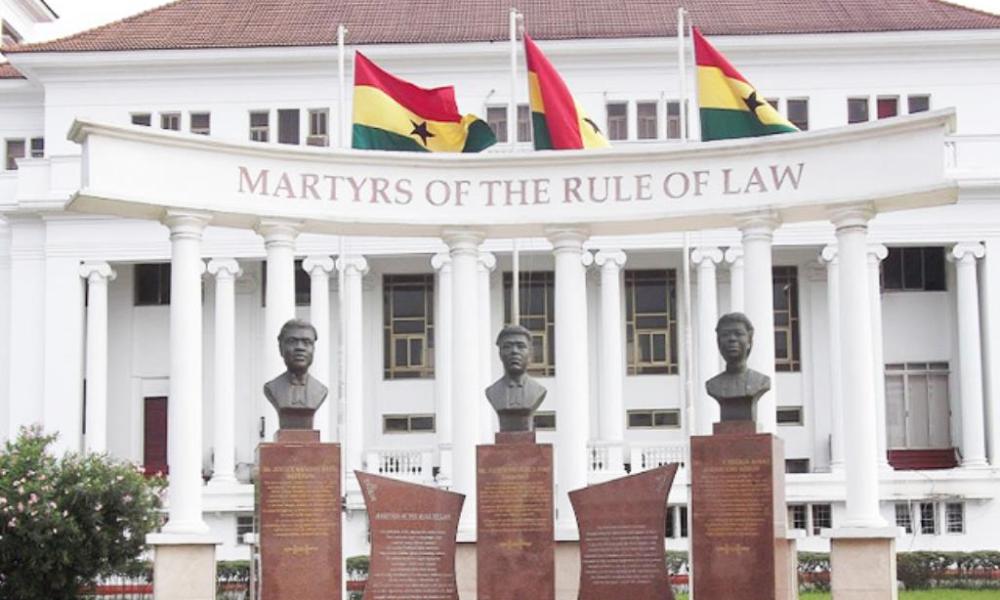Legal scholar Professor Stephen Kwaku Asare, popularly known as Kwaku Azar, has weighed in on the Supreme Court's dismissal of a case seeking to stop the Acting Chief Justice from playing a role in the removal process of Chief Justice Gertrude Torkornoo, describing the outcome as expected and constitutionally sound.
In a post titled "No Surprises," sighted by Mynewsgh.com on his Facebook page, the outspoken legal analyst challenged the basis of the suit, which alleged that the acting chief justice had a personal interest in the case and should therefore recuse himself.
He argued that such a claim is "difficult to sustain-both legally and logically." According to him, the Acting Chief Justice does not assume that role through political favor or ambition but through "operation of constitutional command." Citing Article 144(6) of the 1992 Constitution, Azar emphasized that the most senior Justice of the Supreme Court is automatically required to act as Chief Justice when the position becomes vacant or the incumbent is unable to perform her duties. "There is no assurance that the Acting Chief Justice will be appointed as the substantive Chief Justice if the petitions succeed," he wrote, pointing out that such an appointment remains the exclusive prerogative of the President, subject to constitutional processes. "To suggest, therefore, that he has a personal stake in the outcome is to misapprehend both the mechanics of constitutional succession and the ethos of judicial service." On the second issue-the attempt to secure an injunction to restrain the Acting CJ from performing his constitutional functions-Azar called it an extraordinary and destabilizing request. "Injunctions restraining constitutional officers from performing their duties are extraordinary remedies," he wrote. "Such relief should be granted only where there is a compelling legal foundation, clear and convincing evidence of a constitutional or statutory violation, and no viable alternative remedy." Azar warned that granting such an injunction would undermine the very principles of the constitution and threaten the stability of the judicial system, which relies on clearly defined roles and succession mechanisms.
His comments come after the Supreme Court dismissed an injunction application and ruled that the Acting Chief Justice can continue to perform his role in the ongoing petition process involving the suspended Chief Justice.

